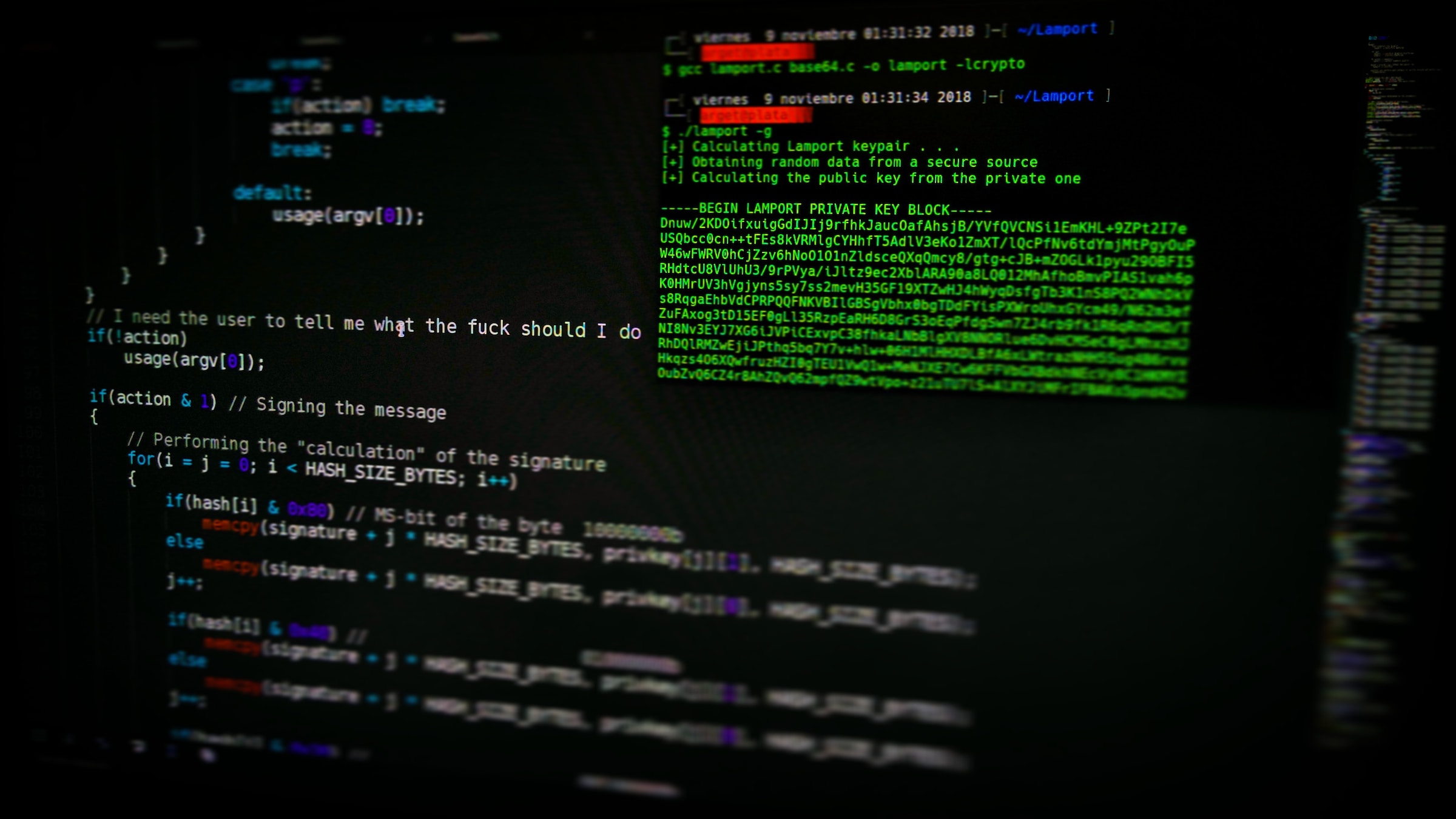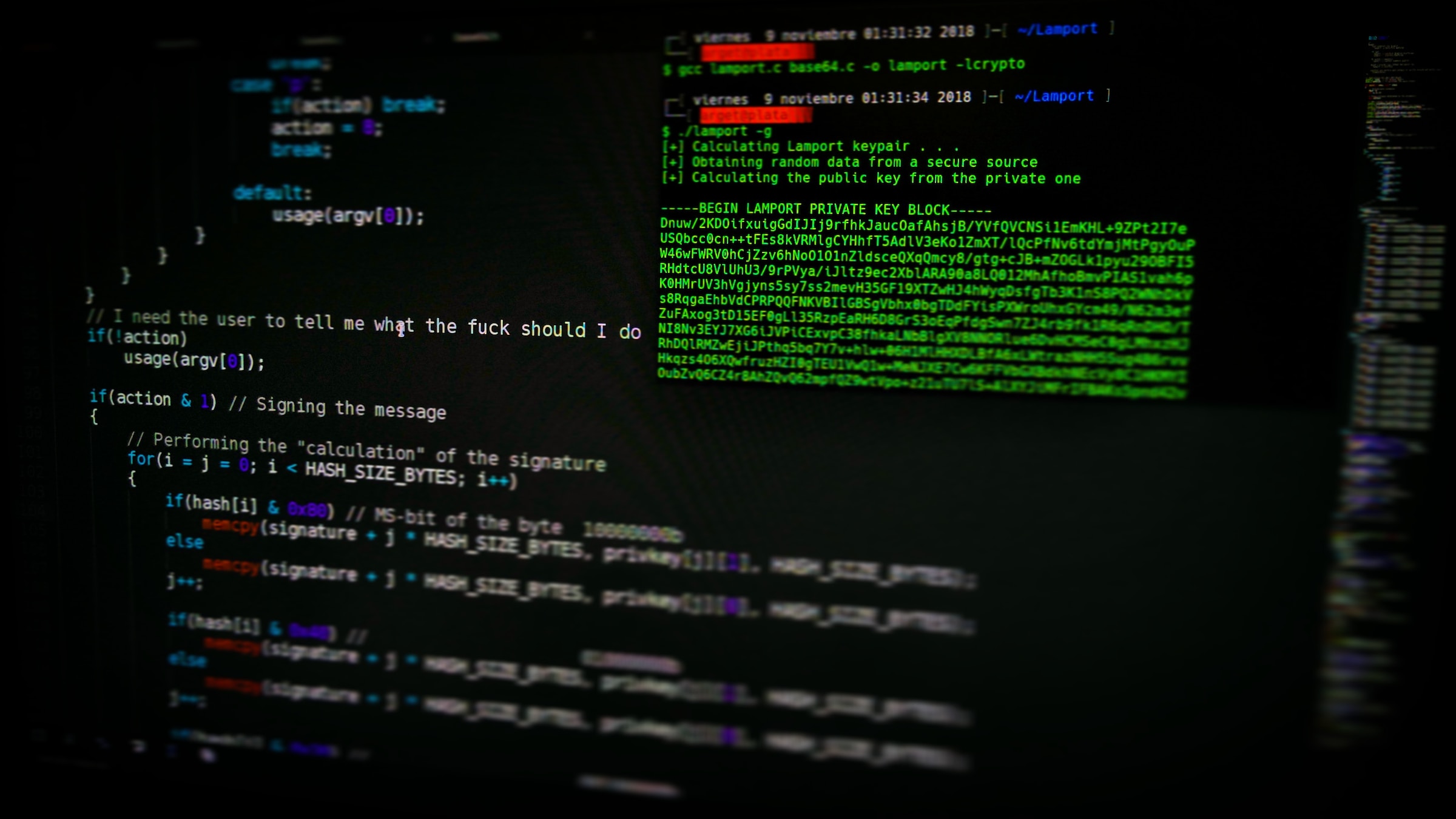
A Chinese-linked hacker group known as Chimera successfully breached the defenses of Europe’s largest chipmaker, NXP. According to NRC, they maintained undetected access for over two years.
Chimera hackers
The cybercriminals reportedly pilfered intellectual property, including crucial chip designs, in a covert operation.
Infiltration went unnoticed
Investigations into the Transavia incident unveiled a trail leading back to NXP, with the hackers leaving their signature mark through the use of the ChimeRAR tool associated with the Chimera group.
Remarkably patient hackers
The cybercriminals demonstrated remarkable patience, clandestinely extracting data every few weeks and transferring it through encrypted files on cloud storage services such as Microsoft’s OneDrive, Dropbox, and Google Drive.
Chimera breaching NXP
NXP, a dominant force in the global semiconductor market, downplayed the impact of the breach, asserting that the complexity of the stolen data makes it challenging to replicate designs easily.
Despite confirming the theft of intellectual property, NXP opted not to publicly disclose the breach’s details, citing no material damage incurred.
Post-attack, NXP reportedly bolstered its network security, implementing rigorous monitoring systems and imposing stringent controls on data accessibility and transfer within the company.
These measures aim to fortify defenses, protecting valuable intellectual assets and preserving network integrity against potential future breaches.
As NXP takes strides to secure its network, the incident highlights the critical need for heightened cybersecurity across the tech sector to safeguard against evolving threats and maintain public trust.
Netherlands’ Geert Wilders reminding Europeans of the 1930s?
Cover Photo: Unsplash
The post Chimera hackers infiltrate Dutch semi-conductor giant NXP appeared first on The Independent News.






